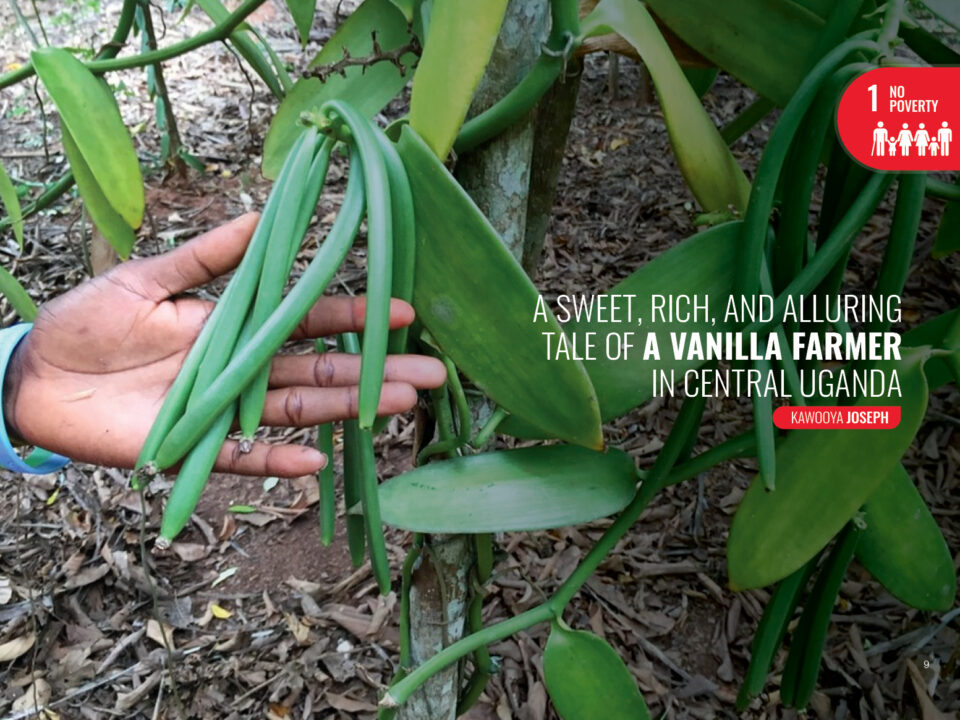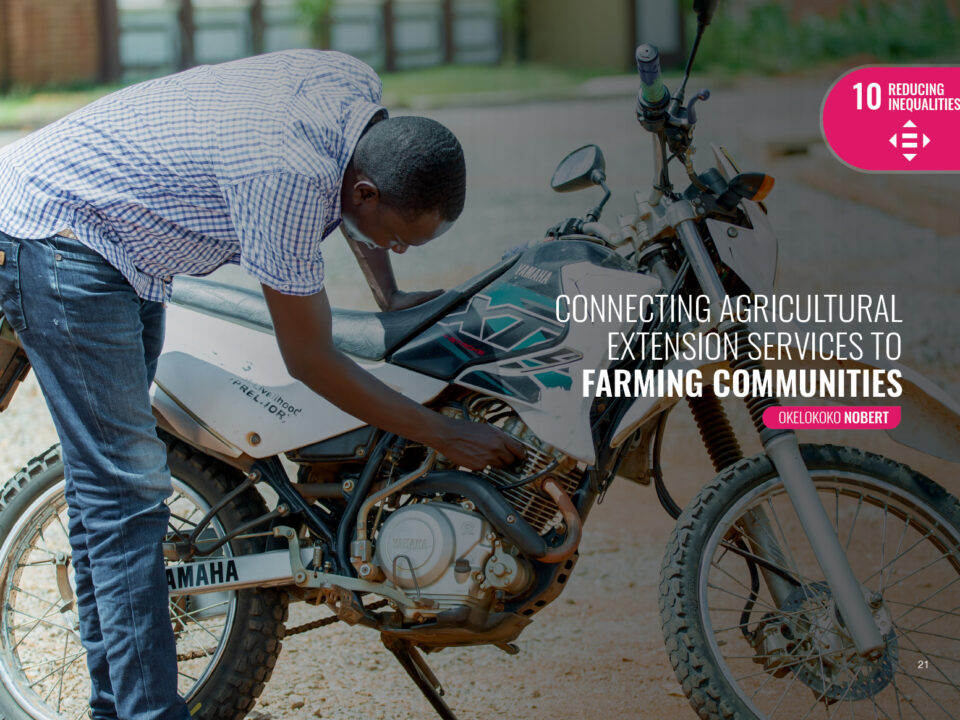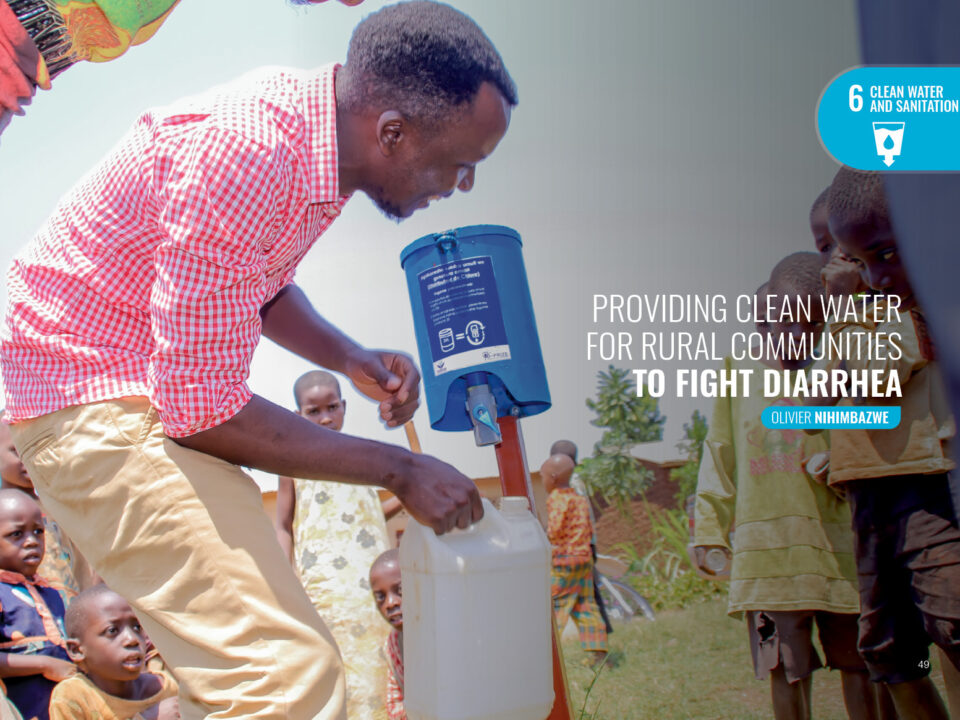Combating Climate Change with Earthy SHEA Butter Production
Shea butter, a creamy, semisolid fat derived from the seeds of African shea trees, contains a variety of vitamins (including vitamins E and A) and skin-healing compounds. Shea butter is a moisturizer for the skin as well as an oil in foods like chocolate. Its significance inspired Achieng Sarah to begin commercially producing Shea Butter.
Northern Uganda has a geographical advantage when it comes to growing shea butter trees (Vitellaria paradoxa), an important oil-producing tree species found in the drier areas of Northern and North-Eastern Uganda. Because of its cultural significance and conservation status, increasing economic value will hasten the conservation and regeneration of Shea landscapes. This will increase carbon sequestration, assisting in combating climate change.
Women in Africa face several obstacles in their pursuit of higher education, including poor family background, early marriage, and gender-based violence. Following a two-decade Lord’s Resistance Army (LRA) war that has left many families homeless and besieged, Northern Uganda offers an opportunity to rebuild its human development and infrastructure by skilling its youth and providing a better life for its farming communities.
Achieng’s story is one of perseverance, having been raised by a single parent – her mother. Achieng volunteered at the community youth club to help make ends meet after being forced to drop out of school to support her family. When a good Samaritan in the community offered to help her finish her undergraduate degree, her faith allowed her to return to school.
Achieng was still unemployed despite having completed her undergraduate studies in development studies. Her desire to better herself and her family led her to apply for a RUFORUM scholarship through the Mastercard-TAGDev program.
In cohort three (3) recruitment, Achieng was the only female student from Northern Uganda to secure a MasterCard Scholar opportunity. She is very proud of this opportunity and hopes to increase access to Organic Shea butter products both nationally and internationally by pursuing a master’s degree in Agriculture Enterprise Development at Gulu University.
She believes that for transformation to occur and benefit communities in Northern Uganda, shea butter production should be geographically located from tree growth to production. Achieng employs a group of women for everything from production to processing and packaging, which has greatly improved not only her family’s but also the families of the women she employs.
After the LRA war ended in 2006, people who had relied on food donations from the government and other charities for years went into the charcoal business. As a result, there was an increase in demand for undisturbed forest land.
The Shea tree is extremely important to the people who live in its geographic area, both socio-culturally and economically. Its leaves, stems, and roots bark are used in traditional medicine to treat a variety of diseases and injuries such as stomach aches, headaches, and fever. Achieng hopes that her community-based business, in addition to providing employment and raising awareness of the benefits of Shea butter, will address the issue of climate change by increasing shea tree planting and thus reducing deforestation.
The fruit butter is used locally as both a food and a cosmetic product for the skin and hair. Achieng has created organic shea butter for hair and body use in collaboration with women in her community. Achieng is concerned with ensuring that her products are certified and meet or exceed quality standards, and she recognizes the importance of packaging in exportation. Her products have found their way into Namibia, Sweden, Israel, and Somalia. In recent years, there has been an increase in commercial and industrial demand for shea products, and Achieng hopes to expand her Shea butter production to ensure that it is available both in Uganda and globally.
These Stories are a result of the documentation from the RUFORUM and Mastercard Partnership under the TAGDEV Project, Gulu University: https://ruforum.wordpress.com/category/tagdev-project/.




